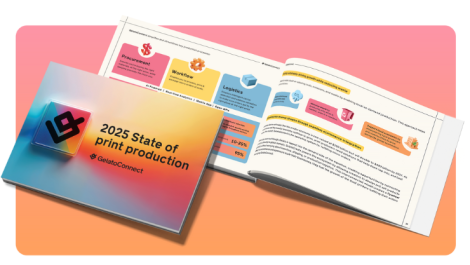Denmaur Independent Papers has become the first national paper merchant to have a science-based target validated by the Science Based Targets initiative (SBTi).
Science-based targets show companies by how much and how quickly they need to reduce their greenhouse gas (GHG) emissions to prevent the worst effects of climate change. The SBTi is a partnership between the Carbon Disclosure Project, the United Nations Global Compact, World Resources Institute and the World Wide Fund for Animals. It was set up to define, validate and record science-based targets. So far, a total of 1042 UK companies have had targets validated, with just under 6000 globally.
Denmaur now appears on the SBTi website with a 2030 near-term declaration to reduce its scope 1 and 2 emissions (emissions from fuels, vehicles and purchased electricity) in line with the 1.5ºC pathway set out in the 2015 Paris Agreement. The company is also required to update and publish its progress towards this target annually.
Denmaur’s marketing and sustainability director, Danny Doogan, said, ‘We have operated a robust carbon policy for some time, running side-by-side reduction and offsetting programmes. Aligning with the SBTi enables us to immediately focus on deep cuts to our operational emissions, whilst committing to becoming more transparent with our GHG disclosures.’
The company’s near-term reduction target of 46% by 2030 is based on its 2019 footprint, including that of its Bescot operation, which was acquired from Middleton Paper in 2022.
Mr Doogan commented, ‘With our near-term target now proudly validated, we are beginning to plan our net-zero target which will concentrate on our Scope 3 emissions. These emissions, which will be much more challenging to reduce, are also relevant to the activities of our customers, such as product manufacture and upstream deliveries.’
Denmaur has worked with carbon specialist Nero Carbon to measure its emissions in line with the leading standards, Greenhouse Gas Protocol and ISO14064-1. It will continue to work with Nero on submitting its long-term, net-zero target with the SBTi by September 2023.





